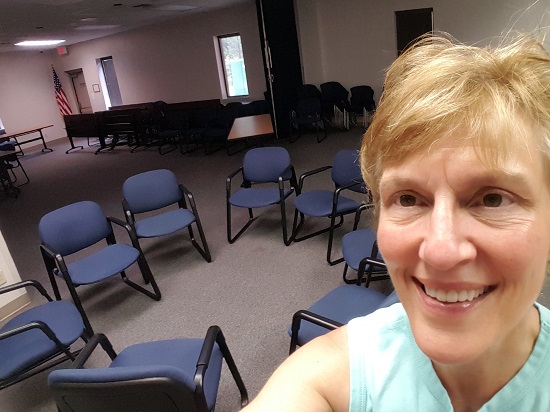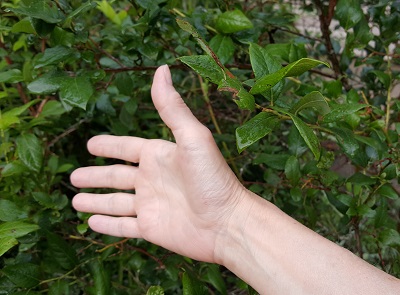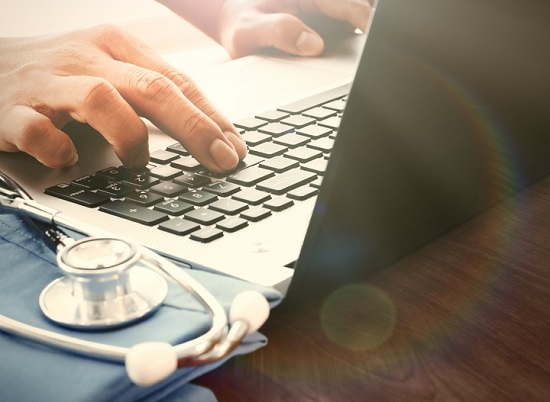I have high hopes for my hometown receiving the accolade of “Most Recovered Town in America.”
As we streamline the process of getting help for people with addictions in my locale, particularly for help with opioid use disorder, our next challenge will be the high risk of relapse from lack of daily, formal support for recovery.
Based on my professional and personal assessment, holding SMART Recovery meetings is the closest we can get to community-wide, evidence-based, group-based addictions recovery assistance using resources already in place.
If we can, as a community, host SMART Recovery meetings every day at different times all over the area, we can provide free, near-treatment-level assistance to our people with addiction challenges. We don’t need to form task forces, write grants, or lobby public officials. We just need community members to do the training and sign up as hosts with SMART Recovery, and for community organizations with buildings to offer spaces for meeting locations.
- SMART Recovery discussion meetings are free and open to anyone in the community.
- Volunteers hosts DO NOT have to be in recovery from addiction to serve. Any community member – from the mayor to the maki maker to the mechanic – can serve as a discussion meeting host.
- While discussion meetings are not generally facilitated by experts or licensed professionals, meetings focus on learning skills termed “tools” and are guided by trained hosts, thus extending the therapeutic value beyond more sharing-oriented support group meetings.
On a personal note, I would benefit from more SMART Recovery hosts and meetings in our locale. I have sought group counseling for substance use disorder but it has been impossible, so far, to organize in my small town. I am honored to serve as a volunteer host for the SMART Recovery meeting on Sundays at 4:00 PM at our community services agency. But hosts don’t participate in discussion meetings. So if someone else would please train as a host to serve at the Sunday meeting or other meetings, I could attend and participate and not just give help, but receive it, too.
- Train to serve as a SMART Recovery discussion meeting host
- Discussion meeting script used for the Blacksburg, VA SMART Recovery meeting at NRVCS (.pdf)
- Main handout distributed at SMART Recovery meetings (.pdf)
- What a SMART Recovery discussion meeting is like
- My professional and personal assessment of the evidence base for SMART Recovery
- How to get help for a loved one with addiction in the New River Valley
If you’d like to experience in-person what a SMART Recovery meeting is like, the meeting is open to all and you are welcome to attend:
Sundays, 4:00 PM, New River Valley Community Services, 700 University City Boulevard, Blacksburg, Virginia.
More about local SMART Recovery meetings and other local recovery support is here.
If you have any questions, feel free to contact me, Anne Giles, anne@annegiles.com, 540-808-6334. (If you email me and don’t receive a reply, please check your spam folder. If you don’t see a reply in your spam folder, please phone or text me and we’ll connect that way!)
Hope to see you at SMART Recovery!
Last updated: 9/28/16






